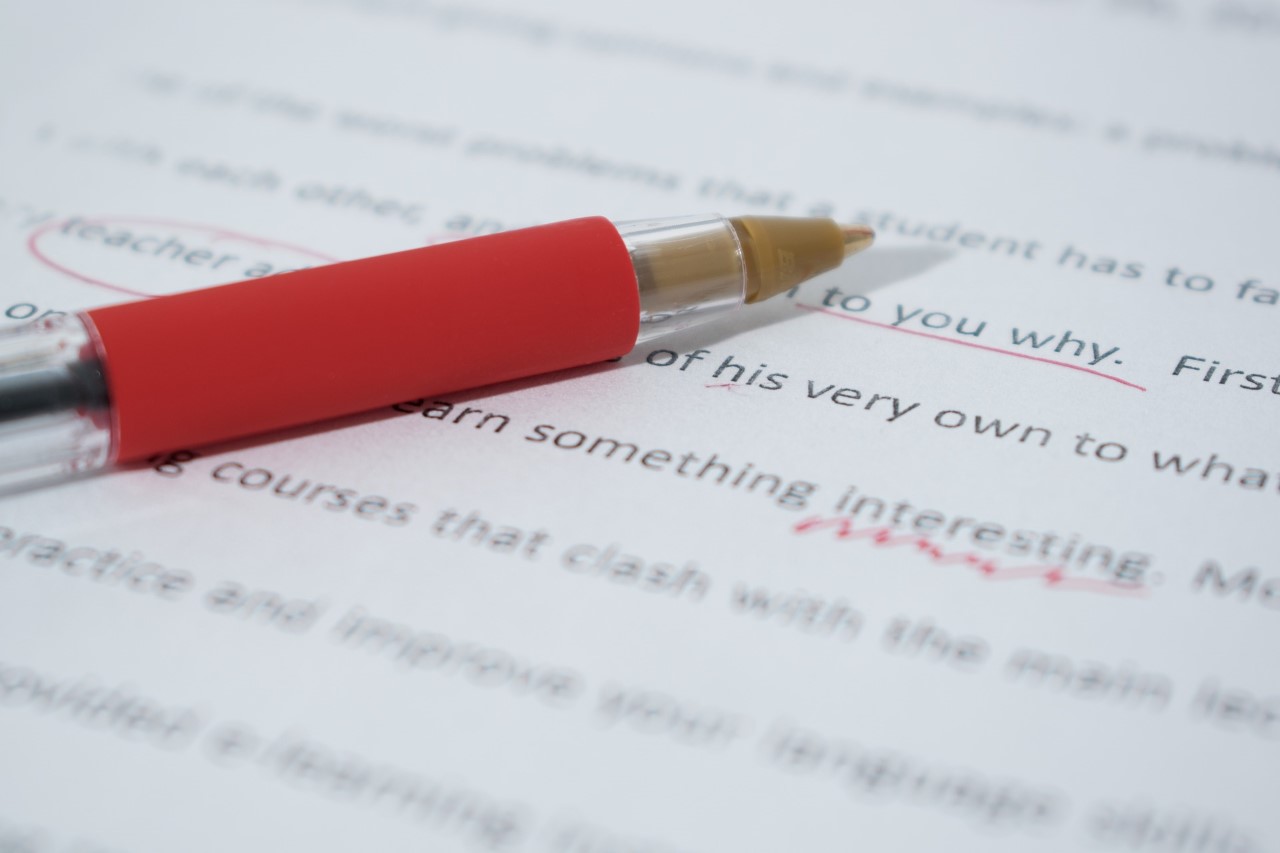The Test of English as a Foreign Language (TOEFL) is conducted by the ETS and it assesses English language proficiency to prepare students for university study and moving abroad. If you’re an international student, providing the results from an English language proficiency test may be a mandatory part of your application for graduate studies. If you’re preparing to take the TOEFL, read on for some tips to ace the test.
Research the test
It’s important to understand what to expect from this test, the content it will cover, and the format in which you want to take the test. The TOEFL iBT is the test of academic English communication and measures four skills: reading, listening, speaking, and writing in approximately three and a half hours. The test can be taken at a test centre close to your location or even from the comfort of your home. Reading thoroughly through the ETS website, especially about the test content and structure, and how you’ll be scored, will provide you with all the information you need to prepare for the test. Also, ensure that you familiarise yourself with the required test scores for the programme/s that you’re applying to. You’ll find this information on the course page on the LSE website.
Prepare for the test
The ETS website has a lot of materials that can help you prepare for the test. These include self-paced courses that you can enrol in, practice tests where you can get a taste of what the real test will look like, and several guides and books that are available as physical copies or as e-books. The best way to crack the TOEFL is to prepare for the test using materials that are curated by the creators of the test and so, using at least one of these resources for your prep is highly recommended. Spend at least a few weeks’ time to prepare thoroughly before taking the test.
Take mock tests
Ensure that you solve a few mock tests for each of the skills, so you’re preparing with material that approximates the actual test content and have a general idea of what to expect from the real test. If you’re planning to take the test at home, ensure that you replicate the test environment while doing the mock tests. This will ensure you’re more comfortable with the format on the test day. As you’re practicing, make notes for how you’re doing on the different sections, what you’re getting right and where there’s scope for improvement. These notes will help you understand what your strengths are and where you need to put in more effort. Also, note your practice test scores to keep track of your progress.
Schedule your test
Book your test in advance as the slots for testing fill up quickly. It is recommended that you schedule your test a minimum of two months prior to the date you’d like to take the test on to avoid disappointment. While booking your test, you can also choose the universities to which you’d like to send your test score reports. Bear in mind that the test score reports may take as long as 16 days after the day of your test to be sent to the universities of your choice. If you’re taking the test close to admission deadlines, it’s good to count backwards from the date you’d like for the universities to receive your test reports to find the date that you should ideally take your test on.
Final tips
Focus on improving your vocabulary, make a dictionary for yourself with the new words that you’re learning. Practice writing regularly in small, compact sentences that are well-structured and organised into thoughtfully constructed paragraphs. Consume content in the English language: read articles, listen to podcasts, or watch movies on any topic that interests you. And, practice speaking confidently in English.
All the very best! 😊





